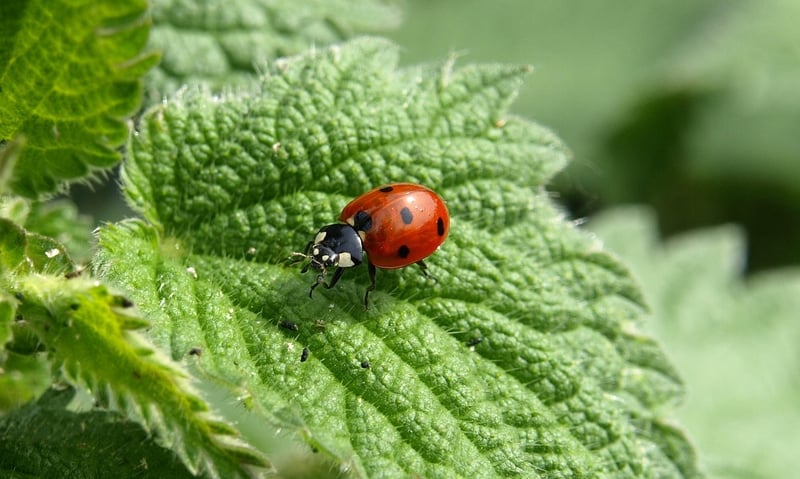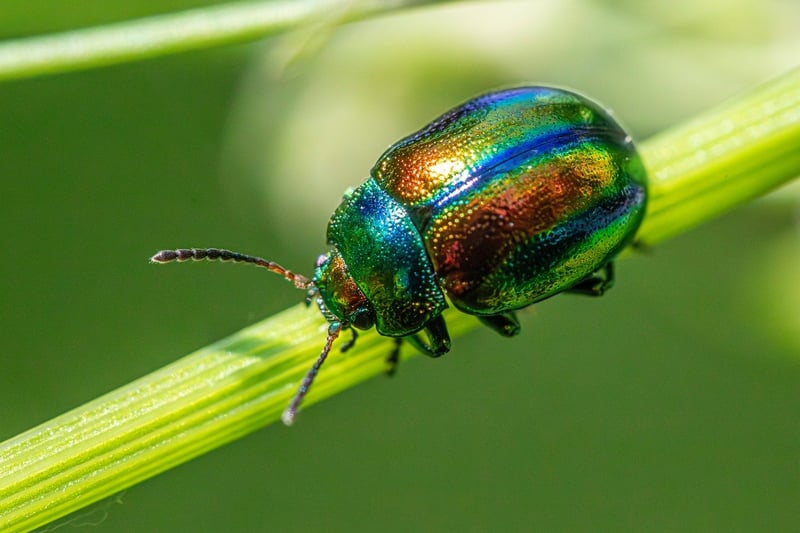Organic Pest Control
Protecting Your Garden with Organic Pest Control
Gardening is a rewarding and relaxing hobby, but dealing with pests can quickly turn your lush green oasis into a battleground. Instead of resorting to harsh chemicals that can harm beneficial insects and the environment, consider using organic pest control methods to protect your garden naturally.
Identifying Common Garden Pests
Before you can effectively control pests in your garden, it's essential to know your enemy. Common garden pests include aphids, caterpillars, slugs, snails, and beetles. By familiarizing yourself with the signs of pest damage, you can take action early and prevent infestations.
Organic Pest Control Methods
1. Companion Planting: Some plants naturally repel pests. For example, planting marigolds alongside your vegetables can deter nematodes and other harmful insects.
2. Neem Oil: Neem oil is a natural pesticide that disrupts the feeding and reproductive cycles of many pests without harming beneficial insects.
3. Diatomaceous Earth: This powdery substance is made from fossilized algae and is effective at controlling slugs, beetles, and other crawling insects.
4. Homemade Sprays: Mixtures of water, soap, and essential oils like peppermint or lavender can be sprayed on plants to deter pests.
Beneficial Insects
Encouraging beneficial insects like ladybugs, lacewings, and predatory wasps into your garden can help naturally control pest populations. Planting flowers such as dill, fennel, and yarrow can attract these helpful insects.
Organic Pest Control Products
There are many organic pest control products available on the market, including insecticidal soaps, garlic sprays, and diatomaceous earth. These products are safe to use around children and pets and can effectively manage pest problems in your garden.
Conclusion
Protecting your garden with organic pest control methods not only helps preserve the balance of your garden ecosystem but also ensures that your fruits and vegetables are safe to eat. By using natural solutions, you can enjoy a thriving garden without the worry of harmful chemicals.

Image Source: Pixabay
